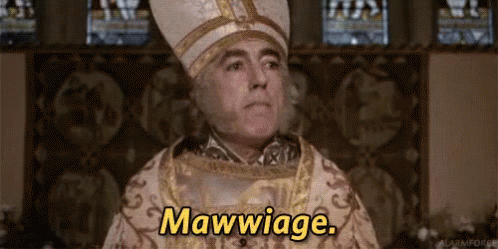
Hello and welcome to Civics of Disability, where I will be writing about issues affecting people with disabilities in America in a civic context. Speaking of context, here are some things set a important to know about me in particular, in the situation of adults with disabilities in this country in general for the purposes of understanding this article.
I have a disability called cerebral palsy, which encompasses a wide spectrum of experiences for many people, but for me, it means that my movement is severely limited, and that I am a full-time wheelchair user for mobility reasons, who requires full-time care from an aide. I am also a full-time Penn State student, although I’m not on campus all of the time, who is double majoring in English and theater. I’m with the US federal government would consider a DAC, short for disabled adult child, which means that the Social Security administration defines me as such because I meet a particular set of conditions, which are as follows: “The Disabled Adult Child (DAC) — who may be an adopted child, or, in some cases, a stepchild, grandchild, or step grandchild — must be unmarried, age 18 or older, have a qualified disability that started before age 22, and meet the definition of disability for adults.”
Essentially, they importance of being a DAC does not necessarily primarily have to do with benefits or monetary compensation for being disabled, when you come from a more economically privileged background, as I do, or being “on disability”, but rather being on SSDI or Social Security Disability Insurance, which ensures access to Medicaid and Medicare, which is extremely flawed, but is hypothetically supposed to cover procedures, doctors appointments, treatment, equipment, aide coverage etc.
You’re probably beginning to wonder what any of this has to do with marriage equality. Well, here it is: President Biden recently signed the landmark Respect for Marriage Act, which protects civil interracial and same-sex marriages at the federal level. What it doesn’t protect is inter-abled marriage, which is a marriage where one partner has a disability and the other does not.
Currently, the way the law works is that if a DAC marries an able-bodied person, or in fact any person, they lose federal benefits, and consequently Medicaid. This legislation it was an antiquated relic from a time when adults with disabilities, particularly “disabled adult children” would not have been considered “marriage material”, because of stereotypes and infantilization. To put the scope of this issue into context, according to the latest report from the Social Security Administration, there are 1,142,699 Americans receiving DAC benefits.
They would be penalized for marrying someone, which is bald faced discrimination. The Marriage Equality for Disabled Adults Act has been introduced by Democratic Congressman Jimmy Panetta, who represents the 18th District of California to the House of Representatives, which is a step in the right direction. The bill is colloquially called Lori’s Law because this discrimination was brought to the Congressman’s attention by Lori Long and Mark Contreras, who have been waiting to get married because of the current law since Mark proposed in 2016. For their sake, and for mine, I hope they can get married without facing any penalty soon.

You did a really great job of opening up discussion on this issue and providing lots of context! I honestly didn’t know anything about DAC or inter-abled marriage before I read this, so this was really informative. I also thought it was interesting how you provided your own perspective on the topic and shared personal details in order to highlight the importance of this issue. Looking forward to reading more!
hey Mitchell! This is such an interesting post to read and honestly makes me upset that the government honestly limits those who are trying to get married but have a significant other with a disability. I myself did not know that any of these laws existing which sparks an interest in me to have knowledge on laws that people are benefiting from and those that are being limited because of laws. I can’t wait to keep reading your posts!
Wow, I had no idea about the detriments that DAC-able-bodied marriage would have on a DAC. I am curious whether their antiquated ideas come from a place of selfishness or whether the world didn’t fully understand the importance of equal marriage rights for all. I am coming from a place of mostly able-bodied medical background and can’t say I understand much about what being a DAC entails or what other detrimental laws are in place for them. I look forward to reading more about your experiences and shared information.